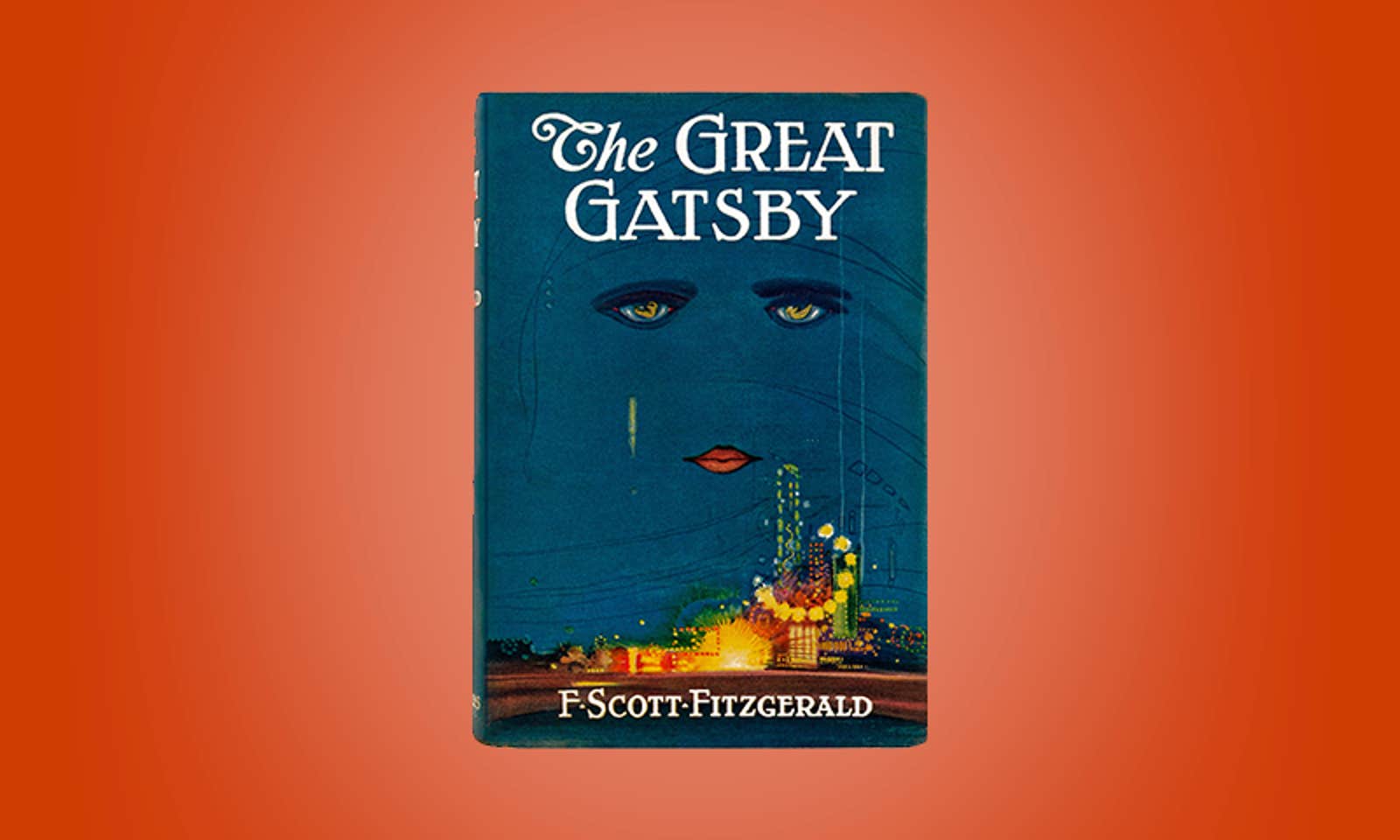
This is something that needs to be said, because we live in a culture adsorbing alternate forms of media that are novel at least. These all have value and sooner or later we will even have mind to mind sharing as well
The fact is that all these other media are welcome and useful and all that, but all fail to properly share a mind to mind connection that is enhanced mind to mind. It takes serious contemplative effort to produce competant script, even for a novel written in a converstional style and yes, tgat is why we have editors.
We also want to consume prepared text. So yes, the novel is not going away and the experience is far richer even if its strength is visual. i recall how long i waited for Star Wars to hit the screen...
Why Novels Are a Richer Experience Than Movies
Only novels can plumb the depth of human consciousness.
BY ERIK HOEL
July 31, 2023
https://nautil.us/why-novels-are-a-richer-experience-than-movies-357528/
Novels solve what philosophers call “the problem of other minds.” It’s the problem that we can never know for sure what a person is thinking, or, from a metaphysical perspective, if they even have a mind at all! We must infer, we must guess, we must speculate. Novels, however, take place in an imaginary world where the problem of other minds does not exist, where mental states, like rage or ennui, can be referred to as directly as one does tables and chairs. There’s an entire academic field that highlights this, like Dorrit Cohn’s Transparent Minds, published in 1978, in which she emphasizes that this is “the singular power possessed by the novelist: creator of beings whose inner lives he can reveal at will.” Or as another scholar put it: “Novel reading is mind reading.”
No other medium can mimic this ability. Which actually provides a continued justification of the novel as an artform. Compare novels to the most popular medium of our age: film. Movies necessarily take an extrinsic perspective on the world. This means viewing it as consisting of machinery, mechanisms, formal relationships, extension, bodies, and elements and interactions. The author Tom Wolfe puts it thusly in his essay “My Three Stooges”:
When it comes to putting the viewer inside the head of a character … the movies have been stymied. In attempting to create an interior point of view, they have tried everything, from the use of a voice-over that speaks the character’s thoughts, to subtitles that write them out, to the aside, in which the actor turns toward the camera in the midst of a scene and simply says what he’s thinking. … But nothing works; nothing in the motion-picture arts can put you inside the head, the skin, the central nervous system of another human being the way a realistic novel can.
Funnily enough, what often makes us think of a movie as artful, rather than mere entertainment, is when filmmakers try their hardest to portray minds in a deep “character-driven” way. Meaning that we judge movies as artful when they attempt to approximate the novel. An ironic fact, since they can never approach the novel’s mastery of this.
My bias here is obvious. I grew up in my mother’s independent bookstore, and came of age among its shelves, and worked there as a teenager hawking fiction to customers, and so feel that the novel is something special, and has been relegated to being an undeservedly less popular artform. I even think it’s arguable that this shift has changed our understanding of our own psychology.
Novel reading is mind reading.
For instance, Freud was the best thing to ever happen to film and television. Of all the many ideas that Freud advanced, the most popular, even to this day, is the notion of psychological trauma being a central explainer of people’s behavior. This idea permeates our culture, despite research showing that even extremely traumatic events, like living through horrific earthquakes and disasters, leads only to a minority of victims experiencing predictable negative psychological effects like PTSD, and also, that people’s prior personality (to the event) has a strong effect on whether negative outcomes develop.
This doesn’t mean trauma isn’t real, but I think it’s possible that trauma’s popularity as an explanation of behavior came about because traumas are extrinsic events—they are things that can be filmed, they can be seen, which in turn means they can literally be shown on-screen as flashbacks. I find it no coincidence that the rise of trauma as an explanation of human behavior just so happens to correspond with the rise of our dominant narrative artform, the extrinsic medium of film, and its replacement of the intrinsic medium of the novel.
Film, of course, is an incredible and beautiful medium, but it trends toward characters being mere billiards set to and fro by external events. Only novels can describe the deep whirlpools of human consciousness, which is never fully reducible to response to an external event; it’s a gyre that turns in each of us with its own weather and can render us ciphers to one another, except on the page.
No comments:
Post a Comment